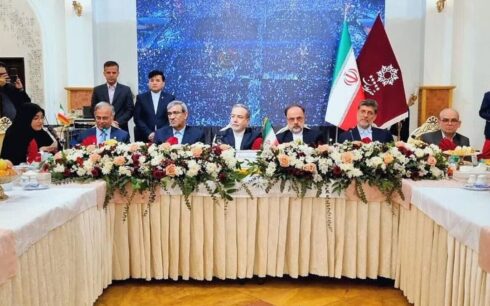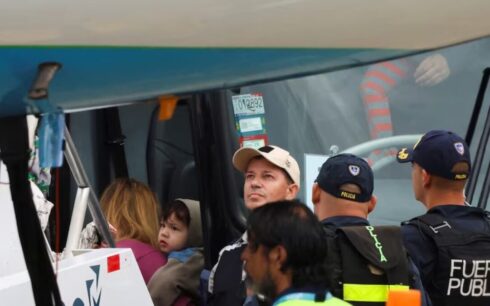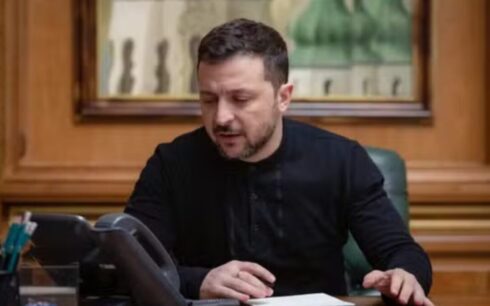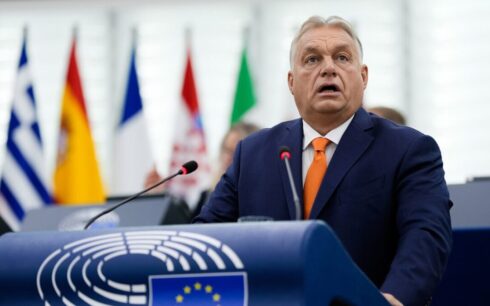Iranians went on strike in several cities on Tuesday to mark the 2019 protests over fuel price increases.
The protests in 2019 were crushed by security forces in the bloodiest crackdown in the history of the Islamic Republic.
The move will add to pressure on Iran’s rulers, who have been battling two months of nationwide protests triggered by the death Mahsa Amini.
In 2019, Reuters reported 1,500 people were killed in that wave of unrest which began over fuel price hikes but quickly turned political. Iranian authorities dismissed that death toll.
In the protests in the past two months, the rights activist HRANA news agency said 344 people have been killed, including 52 minors. It also reported 40 members of the security forces being killed, in addition to 15,820 people being arrested.
The demonstrations have turned into a legitimacy crisis for the clerical establishment, which took power after the 1979 revolution toppled Shah Mohammad Reza Pahlavi, a secular monarch allied with the West.
Reuters reports that videos shared on social media showed strikes and gatherings in several cities and towns. Footage shared by the widely-followed activist 1500Tasvir Twitter account showed closed shops at Tehran’s Grand Bazaar.
Bazaar merchants are traditionally the biggest financial ally of the clerical establishment.
Iran’s state news agency IRNA confirmed the strike in Tehran’s Bazaar, but said shopkeepers were forced by “rioters” to close down their shops.
Defying calls by western leaders and rights groups to end the crackdown on protesters, a Revolutionary court in Iran sentenced an anti-government protester to death on Tuesday.
The Judiciary’s Mizan news agency said “the rioter was convicted of the capital crime of ‘moharebeh’ (waging war on God) by using a knife to cause terror”, adding that he could appeal the verdict.
Another protester was sentenced to death for setting fire to a government building, Iranian state media cited the judiciary as saying on Sunday.
According to Reuters, up to 19 of the thousands of people arrested face charges which carry the death penalty in the cities of Tehran and nearby Karaj, according to state media reports.
Moreover, access to the internet and restrictions on the use of social media still continue in Iran, facing people with problems in using social media platforms.





